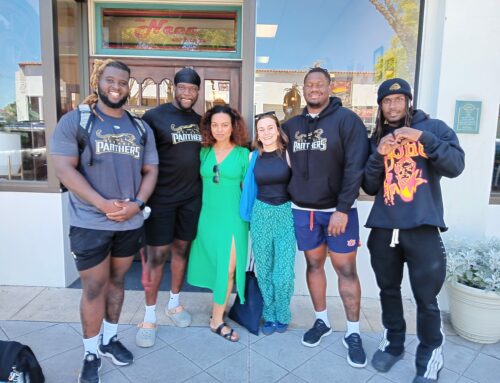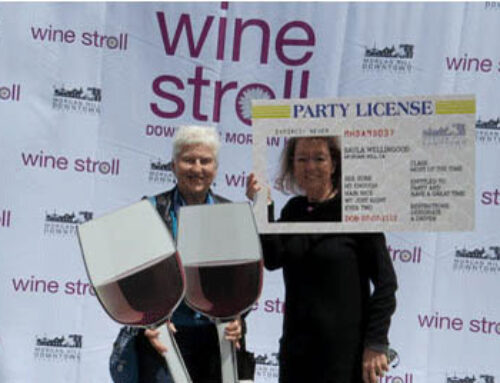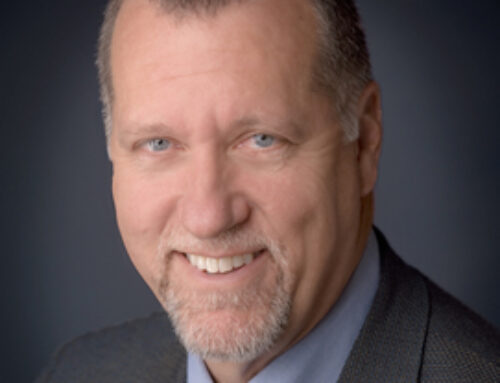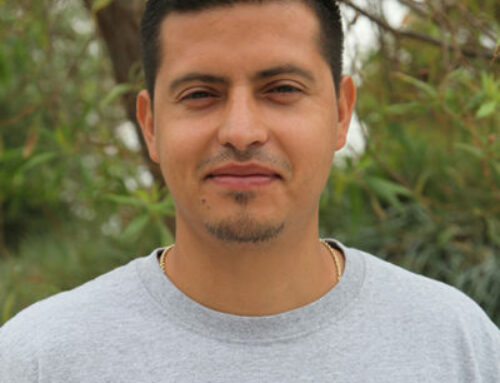Published in the December 5 – 18, 2018 issue of Morgan Hill Life
 I‘ve written before about one of my clients who didn’t want her adult children involved in any way in her life or her estate plan because they were estranged from her. That worked OK while she didn’t need help, but she didn’t have other friends or family for support. Of the two friends she had planned to count on, one drifted away and was out of contact, and the other moved two thousand miles away when he developed cancer.
I‘ve written before about one of my clients who didn’t want her adult children involved in any way in her life or her estate plan because they were estranged from her. That worked OK while she didn’t need help, but she didn’t have other friends or family for support. Of the two friends she had planned to count on, one drifted away and was out of contact, and the other moved two thousand miles away when he developed cancer.
The result was that she later agreed to have her son and grandson involved in her affairs, but only because she had just been scammed out of $950,000. Wow! That’s a lot of money by almost anyone’s standard. She fortunately had more assets, but her son was concerned that if she lost more, she might not be able to pay for her living expenses and medical treatment.
And then it happened again! Another $400,000 gone missing! But this time it wasn’t clear whether it was an outright elder scam of theft, or if the woman was now convinced that she was doing the right thing by giving the scammer more money. It appears that she actually sought out the original scammer to give her additional money. Unfortunately, these things sometimes happen. The elder has the delusion that they are actually helping someone in need.
My client agreed to have me make several changes to give her son more power to protect her assets, but then something changed again and she suddenly paid for an expedited passport and bought an airline ticket to leave the country. The police had been involved since the first loss, and they met her at the airport to try and talk her out of leaving the country, but because she seemed fine, the police had no authority to stop her from boarding her flight.
What was going on? It often happens that elders who are scammed have essentially “fallen for” the scam and remain convinced that they’re “doing the right thing” by sending more money to these people. How do we stop this? In most cases, there are trusted family members or friends who can oversee some accounts and account activity to help find the time when the elder needs more help managing their assets, but how do we pinpoint that time when help needs to step in?
I have clients who know they have the symptoms of early dementia, or maybe they’ve already been diagnosed with the beginnings of dementia, and many of those clients are acting to protect themselves.
Then there’s the other group of clients who come to see me at the urging of friends or family, but they’ve already reached the stage of denial where they are convinced that they’re just fine and that they can still manage everything by themselves, but it’s obvious that they can’t. These are the more difficult cases. What do we do?
First, make sure that you have the right legal documents in place to express your wishes for who can make your decisions when the time comes that you need help, and then make sure that you have ample backup people named in the documents.
Couples frequently come in thinking that they’ll just make decisions for each other, but what will one spouse do when the other is faltering? Who will make the decisions for the “healthier” of the two when that person starts to decline.
Think about who can make good decisions to protect you and your wishes, and think about getting them involved in your affairs before it’s too late.
James Ward lives in Morgan Hill. He went to law school in New England and earned a post-graduate law degree in Estate Planning at the University of Miami. Jim worked as an Estate Planning and Elder Law attorney in Florida, and then returned to open his law firm focusing on Estate Planning and Elder Law. He has offices in South Valley and Willow Glen.






